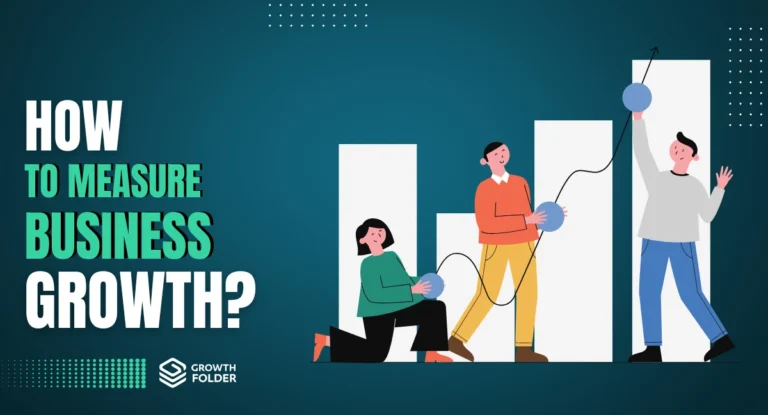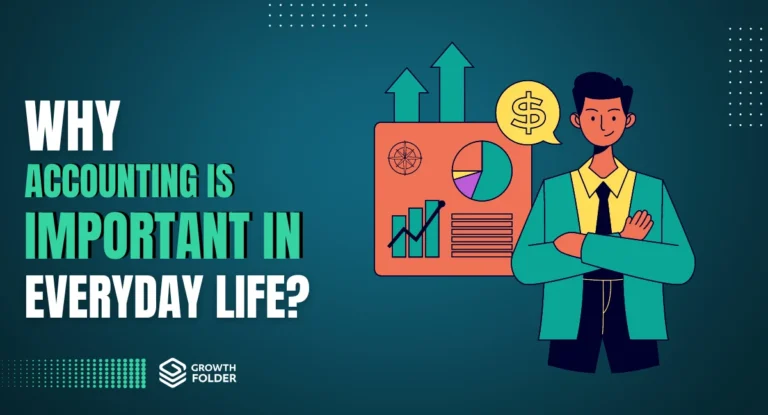
Economic recessions are an unfortunate reality that businesses must navigate.
The ripple effect of a recession impacts not only the overall economy but also marketing efforts.
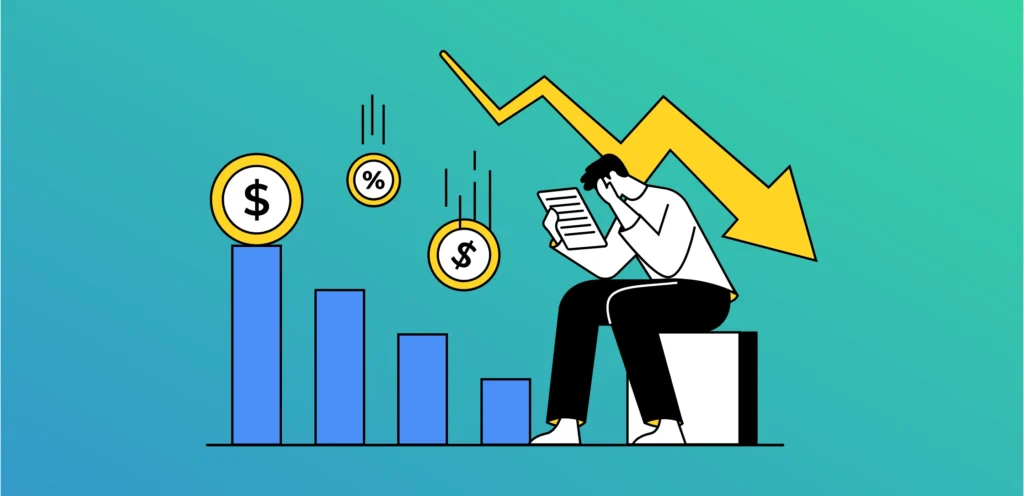
When the economy takes a nosedive, it can feel like a game of musical chairs, where everyone is scrambling to grab a seat before the music stops.
Understanding how recessions affect marketing is crucial for businesses looking to survive and thrive during challenging times.
As marketers, it can be a nerve-wracking time, trying to keep our marketing plans on track while everything around us seems to be falling apart.
But don’t you worry much!
This in-depth article will explore how does recession affect marketing and provide actionable strategies, bolstered by real-life examples, to help businesses adapt and emerge stronger than ever.
So, let’s roll up our sleeves and get ready to tackle the challenges head-on, armed with the knowledge and tools needed to thrive in any economic situation.
Effects of Recession on Marketing
Imagine a recession as an unexpected rainstorm that interrupts your perfect marketing picnic.
As the economy slows down and uncertainty looms, we need to find ways to keep our marketing plans on track despite the wet and muddy conditions.
In this section, we’ll explore how a recession can impact your marketing efforts and offer guidance on how to adapt and stay focused.
So, let’s grab our raincoats, embrace the change, and learn how to weather the storm while keeping our marketing goals in sight.
Reduced Consumer Spending

Impact on Sales and Revenue
During a recession, consumers often tighten their belts and reduce spending.
This decrease in demand can lead to lower sales and revenue for businesses.
For example, during the 2008-2009 financial crisis, consumer spending in the United States fell by about 8.2%, resulting in many companies experiencing a significant drop in sales.
The Shift in Consumer Behavior and Priorities
Recessions often lead to a change in consumer behavior, with individuals prioritizing essentials and cutting back on luxury or discretionary spending.
For instance, during the 2008 financial crisis, sales of luxury items like high-end watches and designer clothing took a hit, while demand for budget-friendly products from companies like Walmart and Dollar General increased.
Shrinking Marketing Budgets
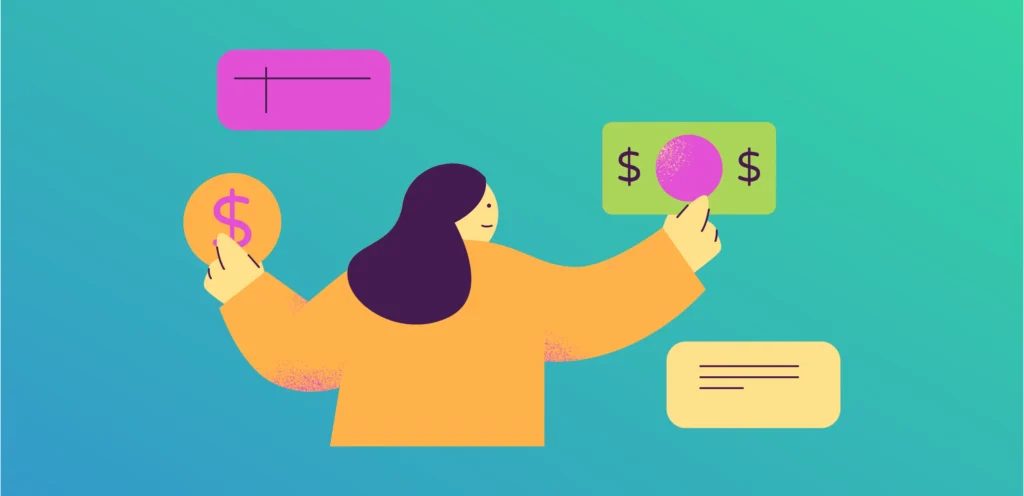
Cost-cutting Measures
As businesses face revenue losses and budget constraints during a recession, marketing budgets are often among the first to be reduced.
This can lead to cuts in advertising, promotions, and even staff.
A notable example is the 2009 slashing of General Motors‘ marketing budget by 20%, which led to fewer ad campaigns and staff layoffs.
Re-evaluation of Marketing Channels
With limited resources, companies may re-evaluate their marketing channels and focus on more cost-effective strategies.
For example, during the 2008-2009 recession, Procter & Gamble shifted a significant portion of their marketing budget from traditional advertising to digital channels, which offered better targeting and a lower cost per acquisition.
Intensified Competition

Aggressive Pricing and Promotions
During a recession, competition among businesses often intensifies as they fight for a share of the shrinking consumer wallet.
This can lead to aggressive pricing strategies and promotions, such as discounts, bundled offers, and loyalty programs.
For example, McDonald’s introduced their “Dollar Menu” during the 2008 recession, which significantly boosted sales and helped them outperform competitors.
Increased Focus on Customer Retention
In a challenging economic environment, retaining existing customers becomes more crucial than ever.
Companies may invest in retention strategies, such as personalized offers, improved customer service, and targeted marketing efforts.
Amazon Prime is a great example of a program designed to enhance customer loyalty and retention, offering free shipping, streaming services, and exclusive deals to subscribers.
Changes in Customer Preferences and Values
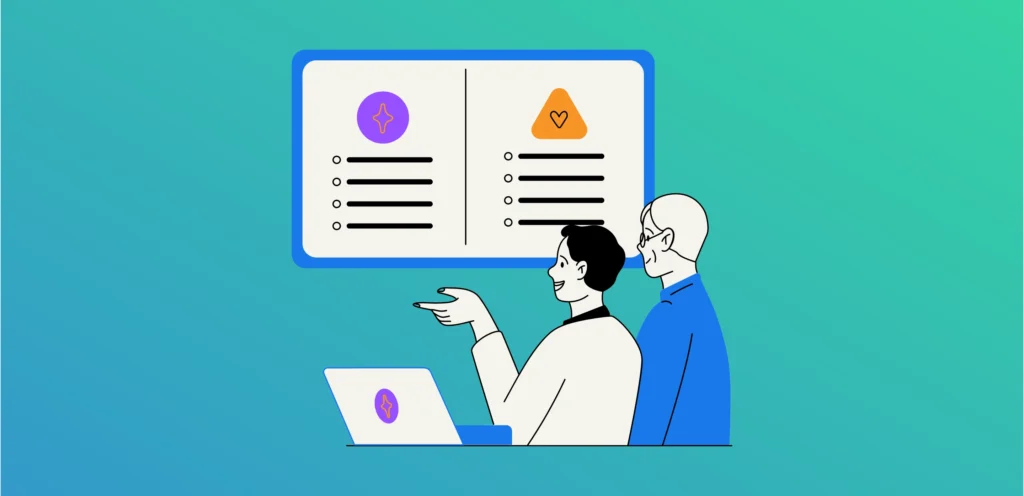
Demand for Value-based Products and Services
During a recession, consumers often prioritize value for money and seek products and services that offer the best bang for their buck.
Companies that can adapt and provide such products are more likely to succeed.
For example, Hyundai introduced its “Hyundai Assurance Program” during the 2008-2009 recession, which allowed customers to return their cars within a year if they lost their job, providing a value proposition that resonated with consumers in uncertain times.
Importance of Trust and Brand Loyalty
In an economic downturn, consumers tend to gravitate towards brands they trust and have a history of reliability.
Building and maintaining trust with your audience is essential for businesses looking to weather a recession.
Apple is an example of a brand that has maintained a loyal customer base, even during economic downturns, thanks to its strong brand reputation and reliable products.
Strategies for Marketers During a Recession
As a recession casts its shadow over the economic landscape, marketers must rise like resourceful captains steering their ships through stormy waters.
In this section, we will chart a course to help you navigate the challenges ahead with confidence and determination.
We’ll look at different ways to handle the challenges and make sure your marketing efforts stay strong and successful.
So, let’s dive in and learn how to keep your marketing game going, no matter what the economic situation is.
Customer-centric Approach

Understanding Customer Needs and Pain Points
To succeed in a challenging economic climate, businesses must focus on addressing customer needs and pain points.
By conducting market research and gathering customer feedback, companies can tailor their products and marketing efforts to resonate with their audience.
For example, during the 2008 recession, Netflix shifted its focus from DVD rentals to streaming services, addressing the consumer’s growing preference for convenient, at-home entertainment options.
Enhancing Customer Service and Support
Providing exceptional customer service can help businesses differentiate themselves and build trust with their customers.
Zappos, the online shoe retailer, is well-known for its outstanding customer service, which includes free shipping, easy returns, and a 24/7 support line.
This approach helped Zappos maintain strong customer relationships during the 2008 recession, contributing to the company’s growth.
Data-driven Decision Making

Leveraging Analytics and Insights
Using data and analytics can help businesses make informed marketing decisions and allocate their resources effectively.
By understanding which marketing channels yield the best results, companies can focus their efforts on high-performing strategies.
For example, during the 2008-2009 recession, Domino’s Pizza used data to identify that its pizza quality was impacting sales negatively.
The company revamped its recipe and launched a successful marketing campaign highlighting the improvements, leading to a significant increase in sales.
Adapting Marketing Strategies Based on Data
As market conditions change, businesses need to stay agile and adapt their marketing strategies accordingly.
Google Trends, for instance, can provide valuable insights into emerging consumer interests and help companies adjust their messaging and product offerings.
During the COVID-19 pandemic, many businesses pivoted their marketing to address the shift in consumer behavior, such as promoting remote work tools or offering contactless delivery options.
Cost-effective Marketing Channels

Prioritizing Digital Marketing and Social Media
Digital marketing and social media platforms can be cost-effective ways to reach your target audience, particularly during a recession when budgets are tight.
By using platforms like Google Ads, Facebook, and Instagram, businesses can target their ads to specific demographics and measure their return on investment (ROI) more accurately.
For example, during the 2008-2009 recession, Ford Motor Company significantly increased its digital marketing efforts, leading to higher online engagement and sales.
Exploring Guerrilla Marketing Techniques
Guerrilla marketing is an unconventional and cost-effective approach to advertising that can help businesses generate buzz and stand out from the competition.
During the 2008 recession, Burger King launched their “Whopper Sacrifice” campaign on Facebook, which encouraged users to “unfriend” ten people in exchange for a free Whopper.
The campaign garnered significant attention and demonstrated the power of creative, low-cost marketing techniques.
Strong Brand Positioning

Emphasizing Value, Quality, and Reliability
In a recession, companies should focus on highlighting the value, quality, and reliability of their products and services.
By demonstrating how your offerings address customer needs, you can build trust and loyalty.
For example, during the 2008-2009 recession, Walmart emphasized its “Save Money. Live Better.” message, positioning itself as a provider of everyday essentials at affordable prices.
This approach helped Walmart maintain strong sales throughout the economic downturn.
Focusing on Brand Storytelling & Emotional Connections
Creating emotional connections with your audience through compelling brand storytelling can help your business stand out and foster loyalty.
Nike, for example, has consistently used powerful storytelling in its marketing campaigns, emphasizing perseverance and self-belief.
These messages resonate with consumers, helping Nike maintain its strong brand presence even during economic downturns.
Preparing for Post-Recession Growth
As the dark clouds of the recession begin to part, it’s important to be ready for the good times that follow.
In this section, we’ll talk about how to make sure your marketing efforts bounce back and keep growing even after the economy gets better.
We’ll discuss long-term strategies, embracing new ideas, and always learning from our experiences.
So, let’s get ready to make the most of the better days ahead and keep our marketing efforts strong and successful.
Investing in Long-term Brand Building
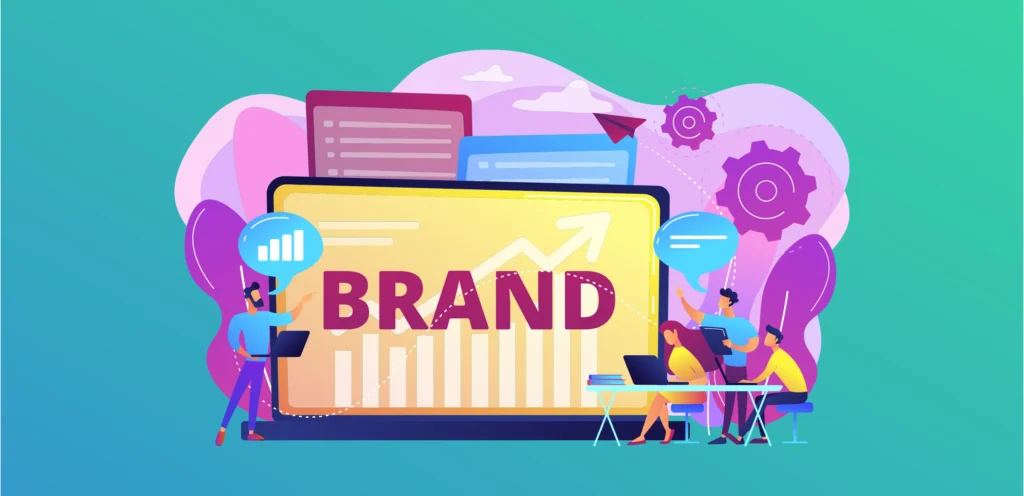
Strengthening Brand Equity
Investing in a long-term brand building during a recession can help businesses emerge stronger once the economy recovers.
By maintaining a consistent brand presence and focusing on customer relationships, companies can strengthen their brand equity and ensure future success.
For example, Coca-Cola continued its marketing efforts during the Great Depression, which helped it solidify its position as the leading soft drink brand.
Customer Loyalty and Advocacy
Fostering customer loyalty and encouraging advocacy can contribute to long-term business growth.
By providing exceptional customer experiences and engaging with your audience on a personal level, you can turn customers into advocates who will promote your brand to others.
Starbucks is an example of a brand that has cultivated a loyal customer base through personalized marketing, a rewards program, and a strong emphasis on community involvement.
Fostering a Culture of Innovation

Encouraging New Ideas and Approaches
Innovation is critical for businesses looking to adapt and grow in a constantly changing economic landscape.
Encouraging new ideas and approaches can help businesses stay ahead of the curve and identify opportunities for growth.
Google, for instance, has consistently maintained a culture of innovation, which has allowed it to continually expand its product offerings and stay relevant in a rapidly evolving market.
Adapting to Evolving Market Conditions
Being adaptable and responsive to changing market conditions is essential for businesses looking to thrive during and after a recession.
By staying informed of industry trends and being open to change, companies can better anticipate and respond to shifts in consumer behavior and preferences.
Amazon, for example, has demonstrated remarkable adaptability, evolving from an online bookstore to an e-commerce giant and cloud computing leader.
Continuous Learning and Improvement

Regularly Reviewing Marketing Strategies and Tactics
Regularly reviewing and refining marketing strategies can help businesses optimize their efforts and ensure continued success.
By analyzing performance metrics and seeking feedback from customers, companies can identify areas for improvement and make data-driven decisions.
IBM, for instance, has implemented a continuous improvement culture that allows it to remain competitive and agile in a rapidly changing technology landscape.
Embracing Change and Uncertainty
Businesses that embrace change and uncertainty can better navigate economic downturns and capitalize on emerging opportunities.
A willingness to learn from challenges and adapt to new circumstances can lead to long-term growth and resilience.
For example, Airbnb‘s ability to pivot and focus on local travel experiences during the COVID-19 pandemic helped it recover faster than many competitors in the travel industry.
Conclusion
The economy can be unpredictable, like a wild rollercoaster ride, full of twists, turns, and the occasional loop-de-loop.
During a recession, it can feel like we’re stuck in the “scream zone” of the ride, gripping our marketing plans with white knuckles and praying for smoother tracks ahead.
But fear not, fellow marketing daredevils!
Armed with the right strategies, a pinch of creativity, and a can-do attitude, we can turn these hair-raising moments into opportunities for growth and maybe even have a chuckle or two along the way.
By putting the tips and insights from this blog post into action, you’ll be ready to face any economic challenges with a grin on your face and a twinkle in your eye.
After all, who says you can’t have fun while navigating the ups and downs of the economy?
So let’s strap in, face the challenges head-on, and ride this marketing rollercoaster like we own the amusement park – because, with the right approach, we’ll be laughing all the way to the bank, even when times are tough.

